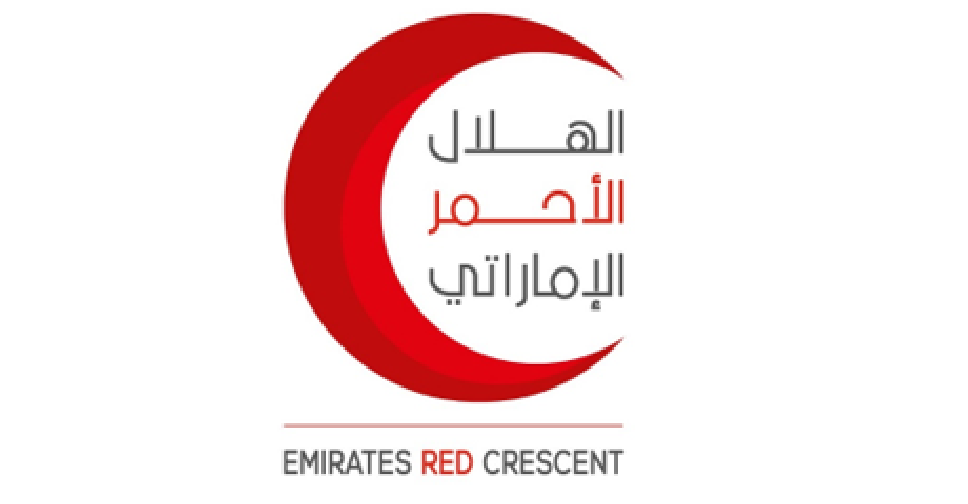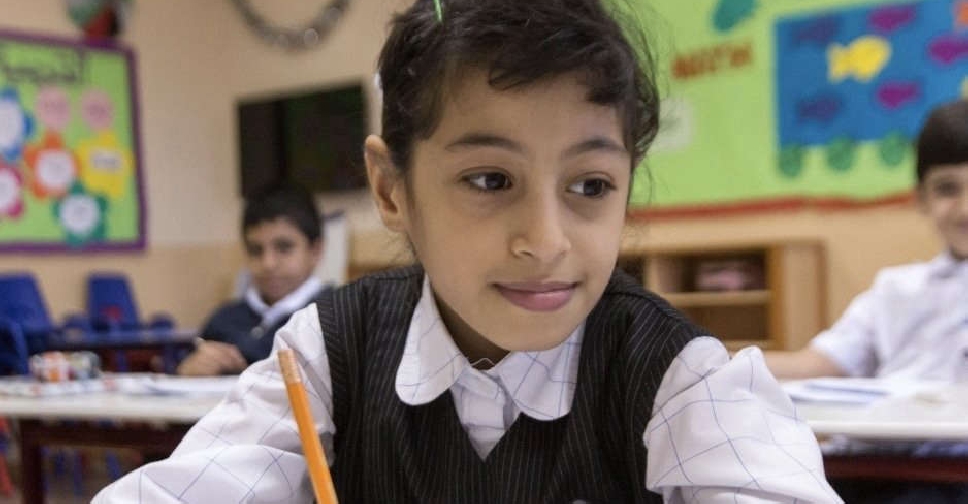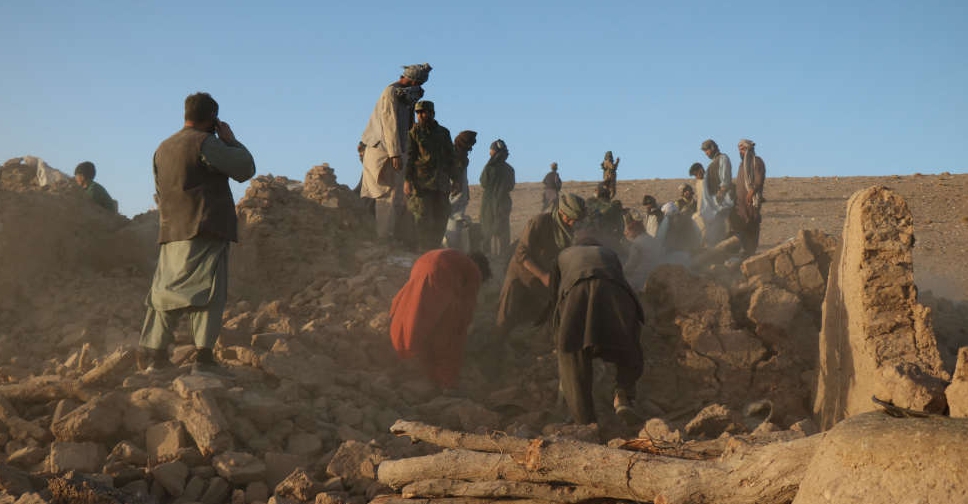
Rescue workers on Monday scrambled to pull out survivors, and the dead, from beneath the rubble two days after the northwestern city of Herat and its surroundings were struck by the deadliest earthquakes to rattle Afghanistan in years.
The Taliban administration said at least 2,400 people were killed and many more injured in the quakes, which were among the world's deadliest this year after tremors in Turkey and Syria, in which an estimated 50,000 people were killed.
Neighbours Pakistan and Iran have offered to send rescue workers and humanitarian aid, while China's Red Cross Society offered cash relief aid.
"The operation is still going on, still some people are being pulling out of the rubble," the spokesman of Herat's governor, Nissar Ahmad Elyias, told Reuters, adding that more than a dozen villages around Herat were also affected.
Many buildings in Herat city were relatively unaffected, but the mediaeval minarets of its famous mosques sustained some damage, photographs on social media showed.
"Many of our family members have been martyred, including one of my sons, and my other son is also injured," Herat resident Mir Ahmed told Reuters at a hospital that was treating many survivors.
"Most of the people are under the rubble."
Hemmed in by mountains, Afghanistan has a history of strong earthquakes, many in the rugged Hindu Kush region bordering Pakistan.
Death tolls often rise when information comes in from more remote parts of a country where decades of war have left infrastructure in a shambles, and relief and rescue operations difficult to organise.
In a statement late on Sunday, the UN Humanitarian Office put the death toll from the quakes at 1,023, with an additional 1,663 people injured, and more than 500 missing. It said all the homes in the Zindajan district in Herat were destroyed.
Afghanistan's healthcare system, reliant almost entirely on foreign aid, has faced crippling cuts in the two years since the Taliban took over and much international assistance, which had formed the backbone of the economy, was halted.
Diplomats and aid officials say concerns over Taliban restrictions on women and competing global humanitarian crises are causing donors to pull back on financial support. The Islamist government has ordered most Afghan female aid staff not to work, although with exemptions in health and education.
Pakistan said its disaster management authority had put a search and rescue team on standby to assist in the disaster-hit area. It is also preparing to send in relief items including food, medications, tents and blankets.
Iran, whose border is less than 90 km from the site of the worst hit area, also pledged humanitarian aid, the Taliban administration said.

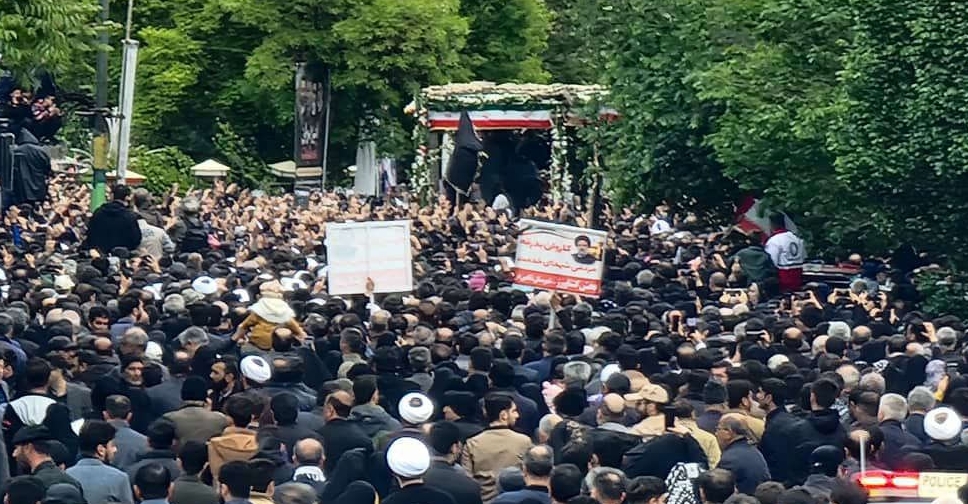 Funeral ceremony for Iranian President, FM begins in Tabriz
Funeral ceremony for Iranian President, FM begins in Tabriz
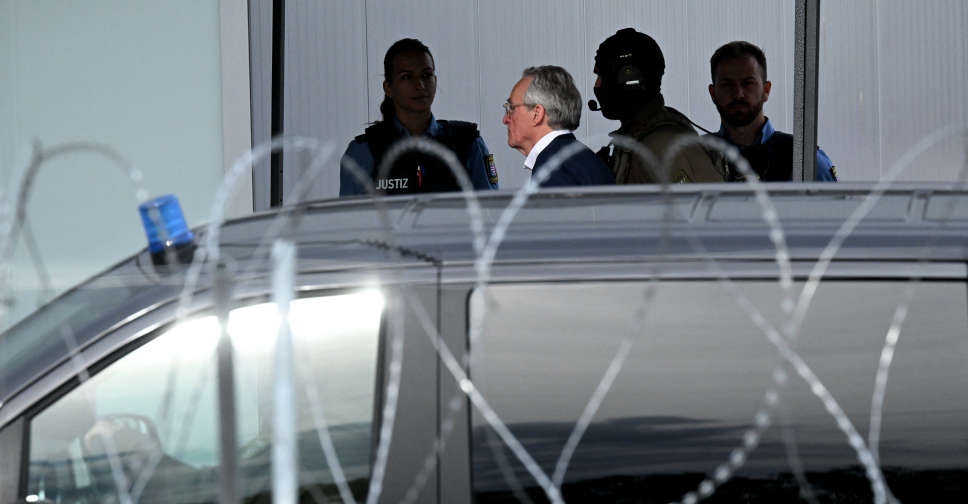 Nine accused of German coup plot go on trial
Nine accused of German coup plot go on trial
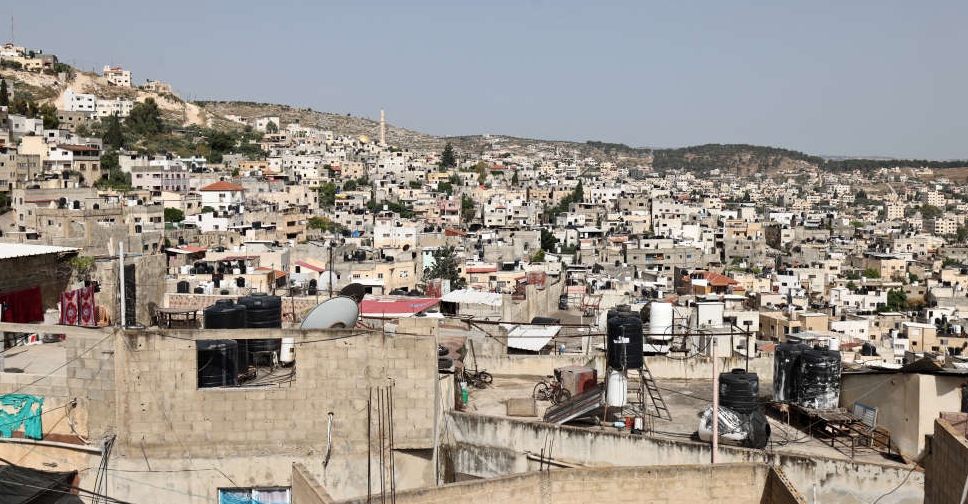 Israeli army raids West Bank's Jenin
Israeli army raids West Bank's Jenin
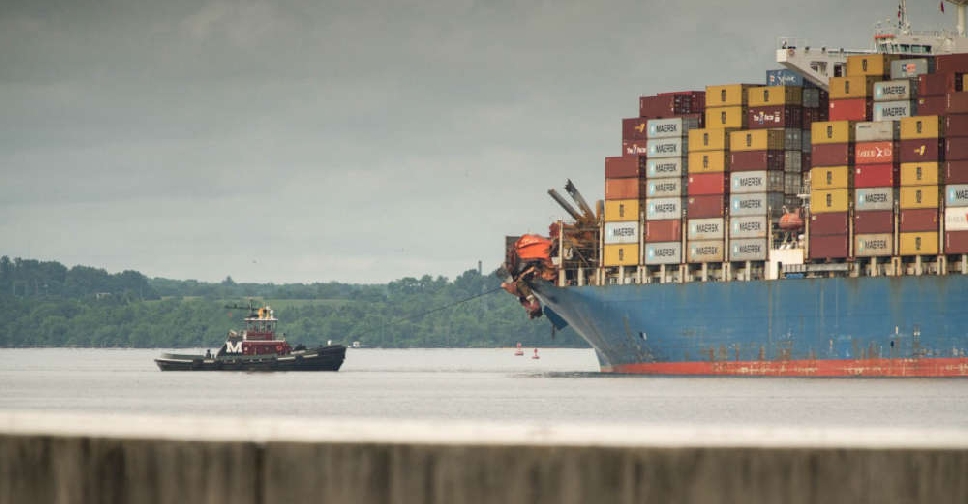 Baltimore bridge cargo vessel refloated
Baltimore bridge cargo vessel refloated
 UK inquiry finds 'chilling' cover-up of infected blood scandal
UK inquiry finds 'chilling' cover-up of infected blood scandal

